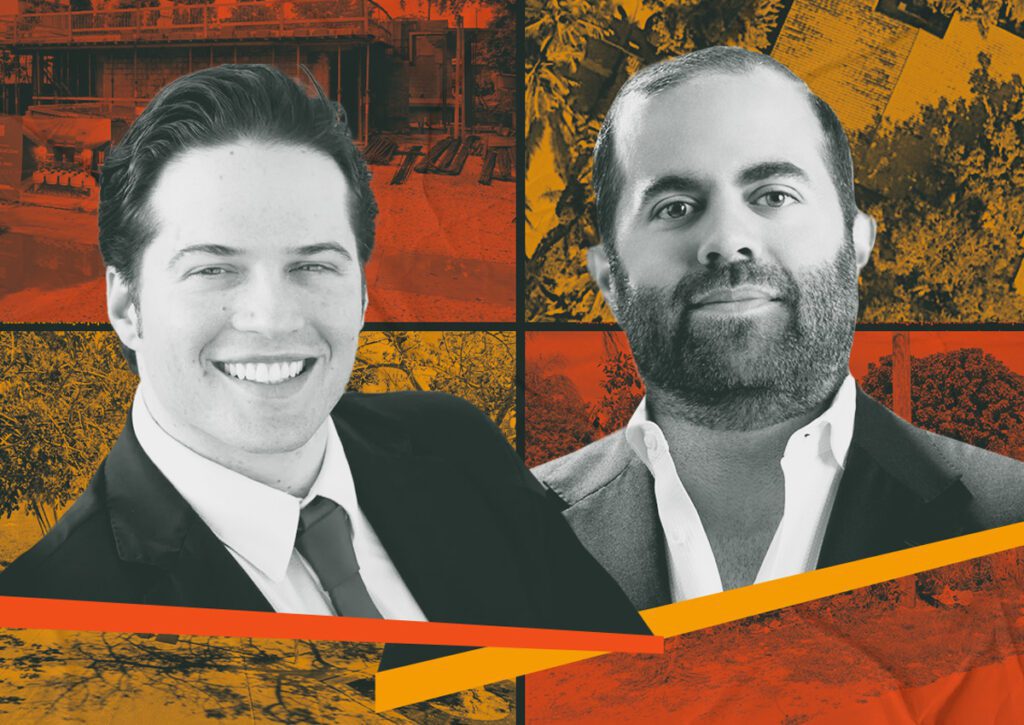Allegations of Fraud and Mismanagement Rock Canero Group in High-Stakes Real Estate Lawsuit
A significant legal battle has erupted between the principals of Canero Group and a prominent partner, raising serious allegations of fraud and mismanagement related to six development projects in Miami and Homestead.
The Accuser and His Claims
Justin Rundle, a real estate investor and son of Miami-Dade State Attorney Katherine Fernandez Rundle, has filed a lawsuit alleging that Jose Canero Sr. and Jose Canero Jr. misled him and other investors into financing their projects. According to the complaint, these projects are either delayed or have faced cancellations, resulting in substantial financial woes for investors.
In an official court filing made on May 27 in Miami-Dade County, Rundle contends that the Caneros executed a “fraudulent scheme.” He claims they diverted project funds for their own company expenses without proper authorization, causing unnecessary project delays. Rundle asserts that he invested around $625,000 in early 2023 and played a significant role in bringing in an additional $6.3 million from other investors. He is now pursuing damages exceeding $3 million for both lost investment and reputational damage.
“They lied to me about their past experience, their abilities and their true intentions,” Rundle shared with The Real Deal. “To date, each of the projects are behind schedule, over budget, and not one dollar has been returned to investors.”
Canero Group’s Response: A Denial of Allegations
In response to the lawsuit, Jose Canero Jr. labeled Rundle’s allegations as “entirely without merit,” highlighting the confusion surrounding the timing and nature of the claims.
“We were blindsided by the lawsuit and are deeply confused,” Canero Jr. stated. “We remain confident that the facts will speak for themselves.”
Unraveling of the Partnership
Rundle has maintained a friendship with the Caneros for several years. In 2022, Canero Jr. allegedly pitched Rundle two lucrative land deals, one of which featured a 54-unit townhouse project in Homestead and another involved a 247-unit apartment complex in Princeton.
Key Details of the Investment:
- Initial Investments: Rundle invested $250,000 into each of the initial land deals.
- Additional Contributions: He further contributed an additional $125,000 and spent his own money on marketing and brand development for the projects.
However, as things progressed, Rundle claims the partnership deteriorated. The lawsuit alleges a pattern of misrepresentation, asserting that Rundle’s investments were used to finance personal luxuries rather than project needs.
“I trusted them with my money and my name,” Rundle stated. “Instead, they treated my investment as their personal piggy bank.”
Evidence of Mismanagement
The lawsuit claims the Caneros violated operating agreements by misappropriating funds and leaving projects undercapitalized. Rundle became increasingly concerned and alleges that when he raised alarms about the spending, he faced retaliation, including being ousted from their office.
Communication Breakdown
Emails exchanged between Rundle and the Caneros reveal the escalating conflict:
- In a December 2 email, Rundle expressed his frustration over the refusal of the Caneros to meet, claiming threats from Canero Sr. and accusations about project delays due to firing architects.
- Canero Jr. dismissed Rundle’s claims, suggesting that Rundle was misrepresenting facts to other investors.
Project Outcomes
While the Canero-managed entity for the Belle Meade project sold for $4.3 million, the remaining funds after expenses yielded only $1.4 million for distribution among investors, leading them to feel shortchanged and concerned about potential lack of payment.
The Ripple Effect
An anonymous source familiar with the situation highlighted the broader implications of the fallout:
“These individuals leveraged their last names and perceived credibility to attract investors. Now, they are damaging the very reputations and family legacies they relied on.”
Rundle has acknowledged the dissatisfaction of the other investors he brought in and expressed a desire for justice for all affected parties.
For a deeper understanding of real estate investment risks, consider exploring real estate fraud and its implications.


